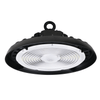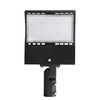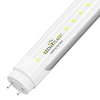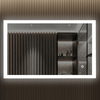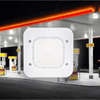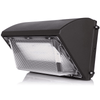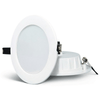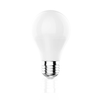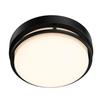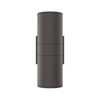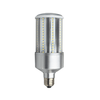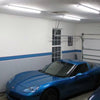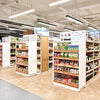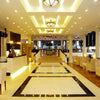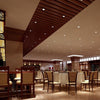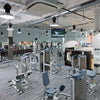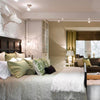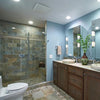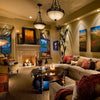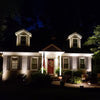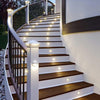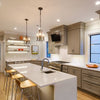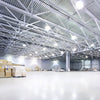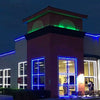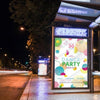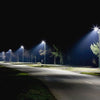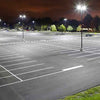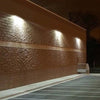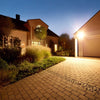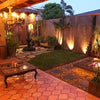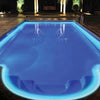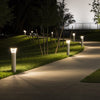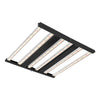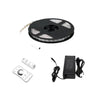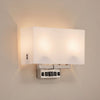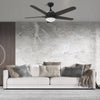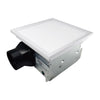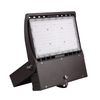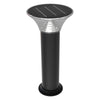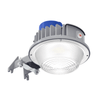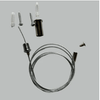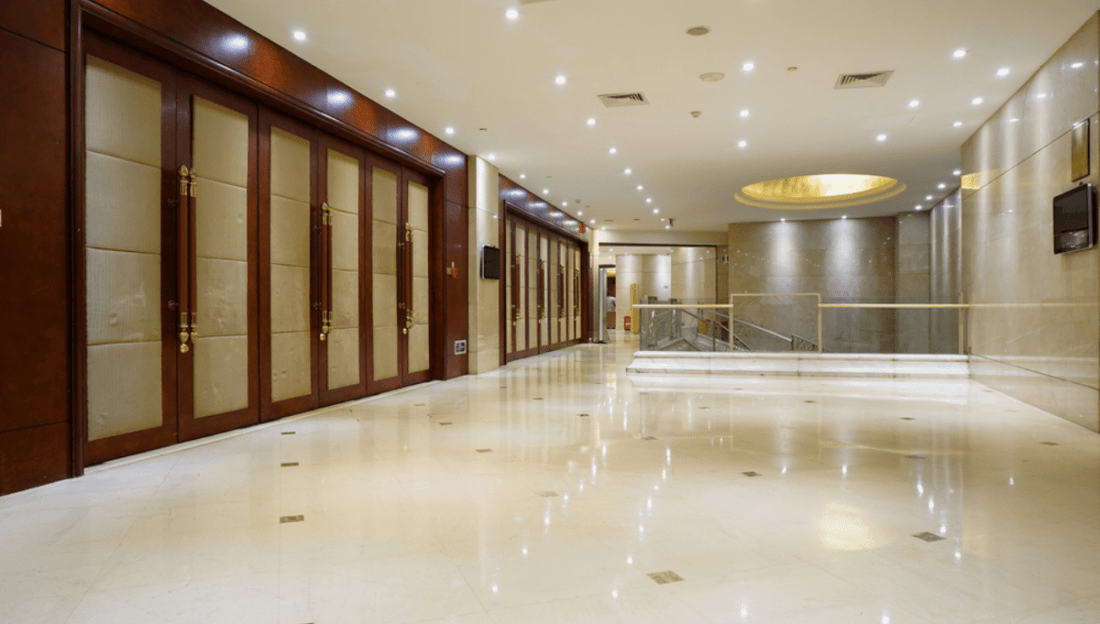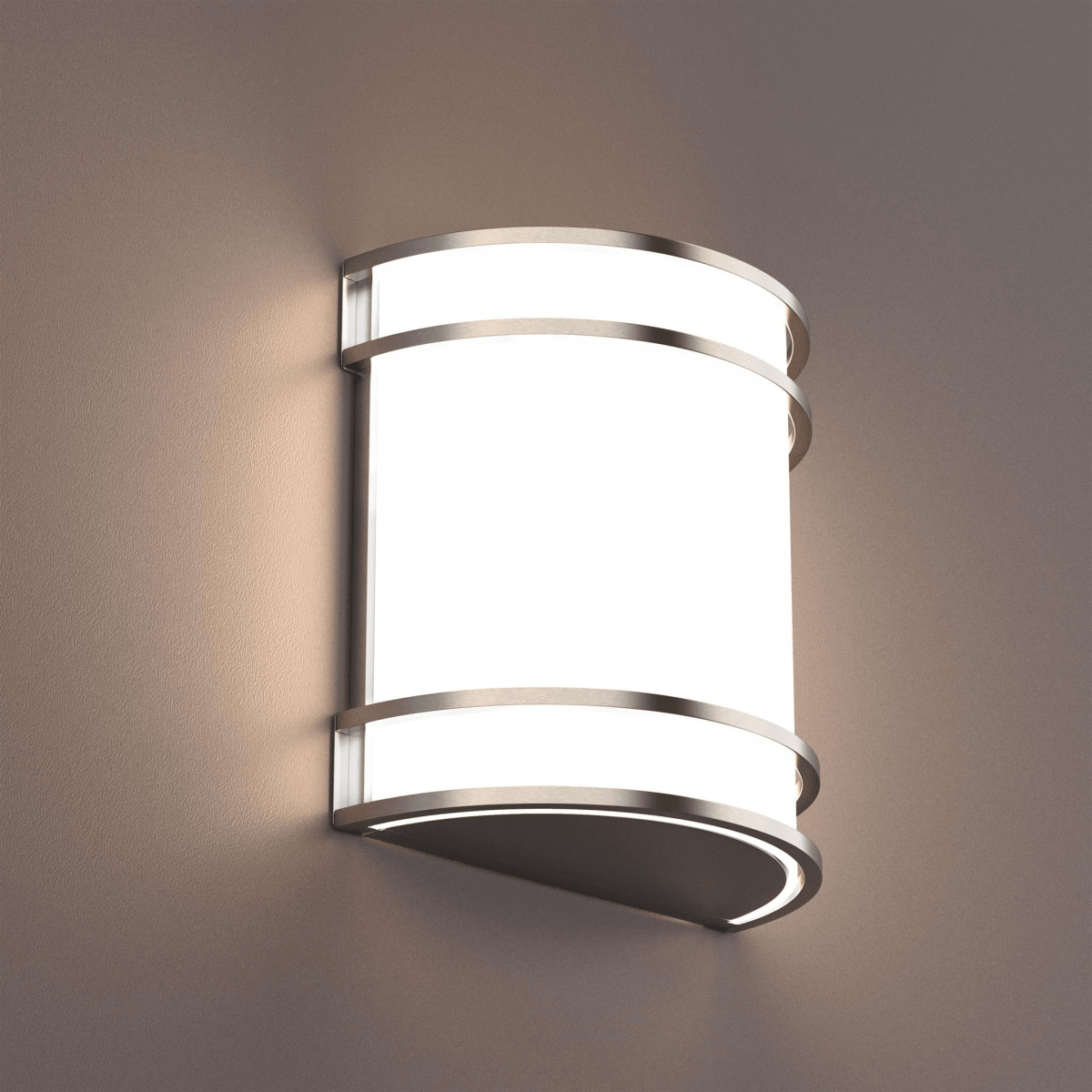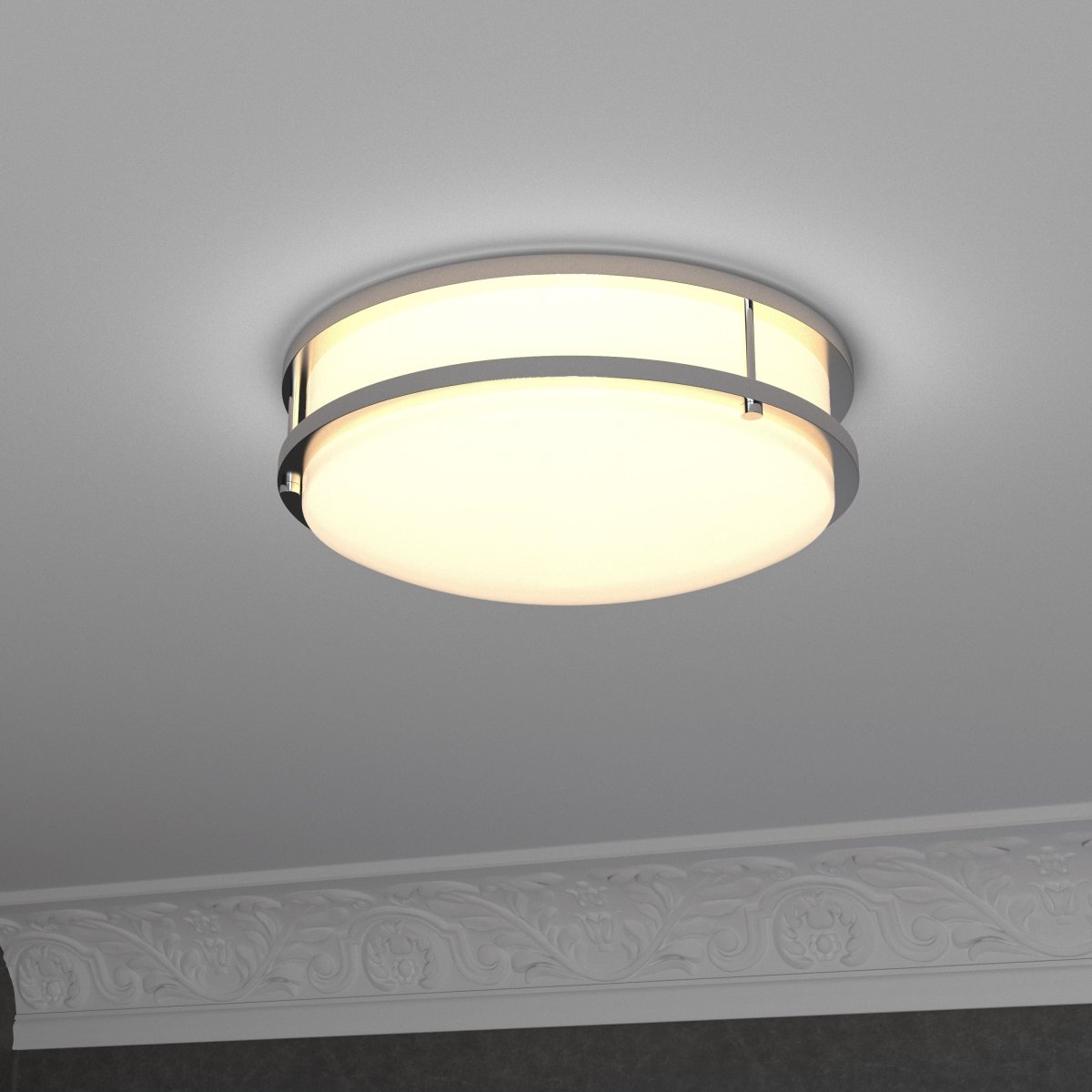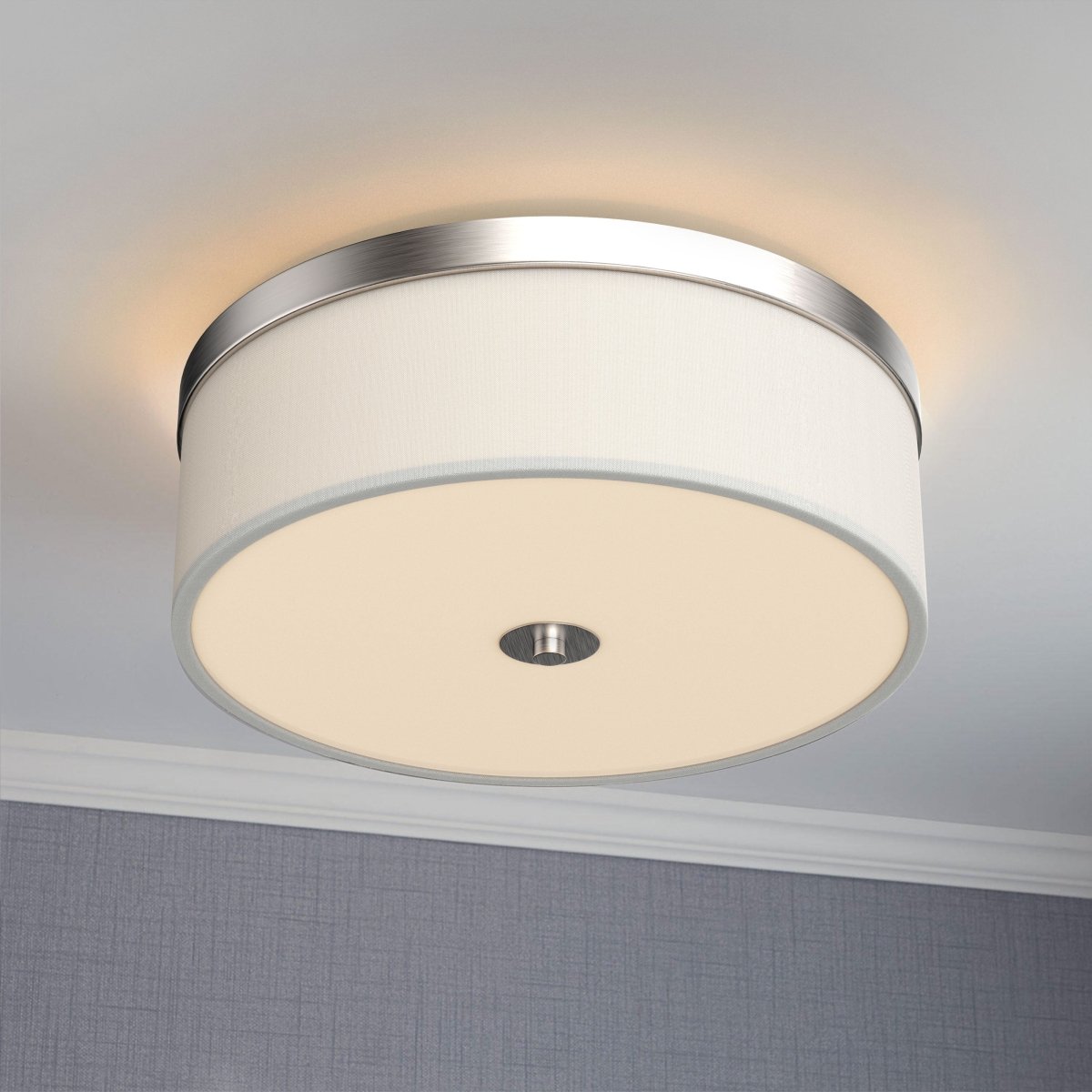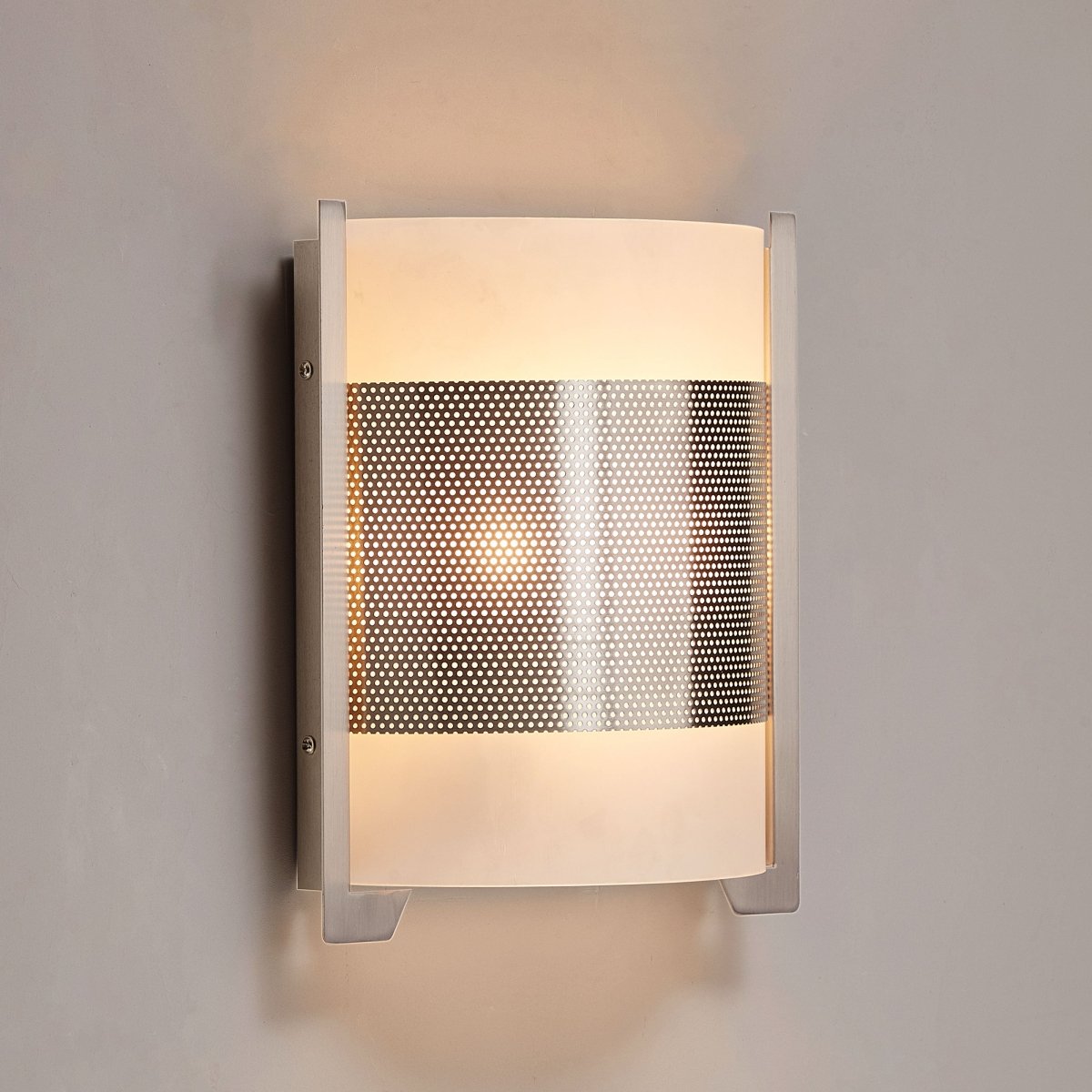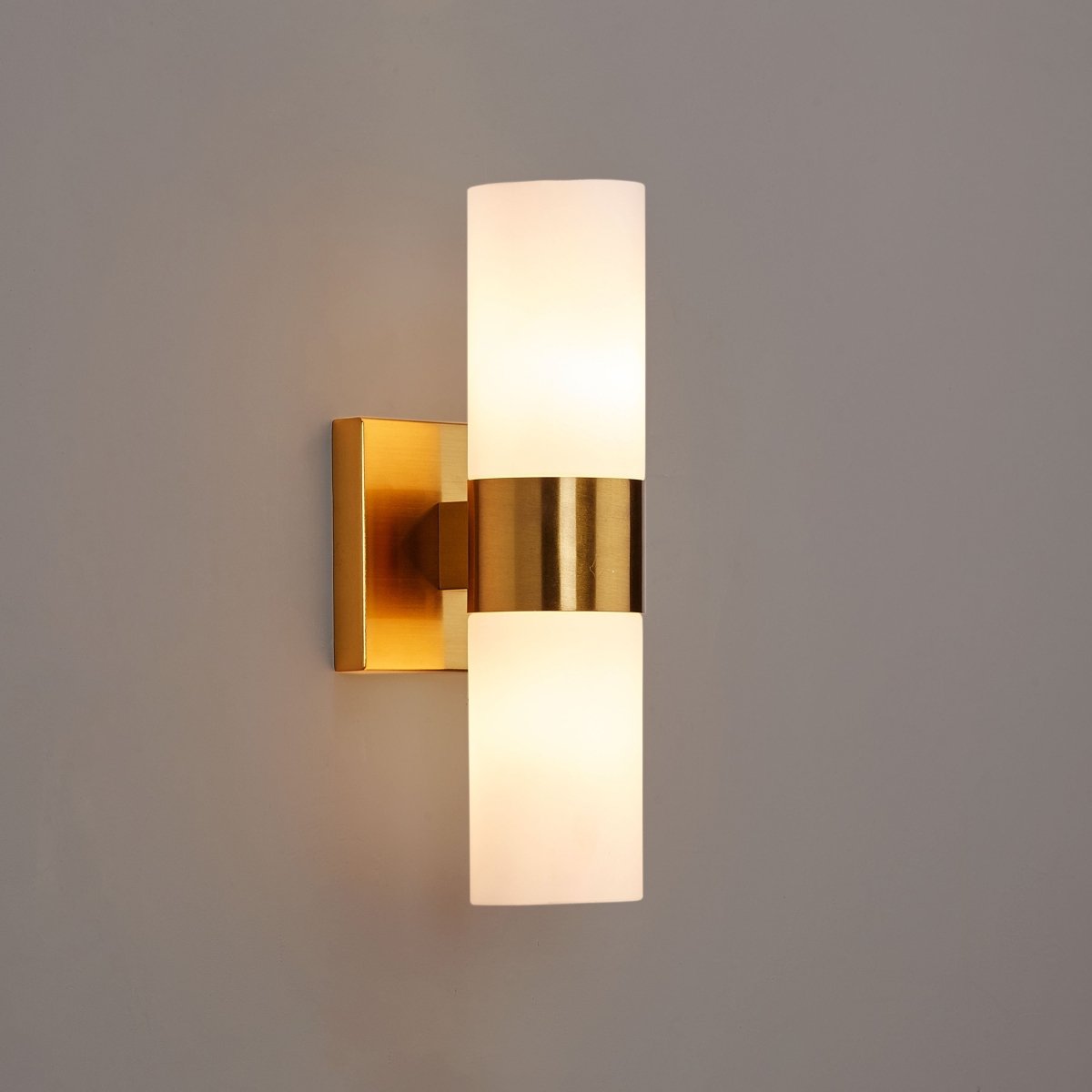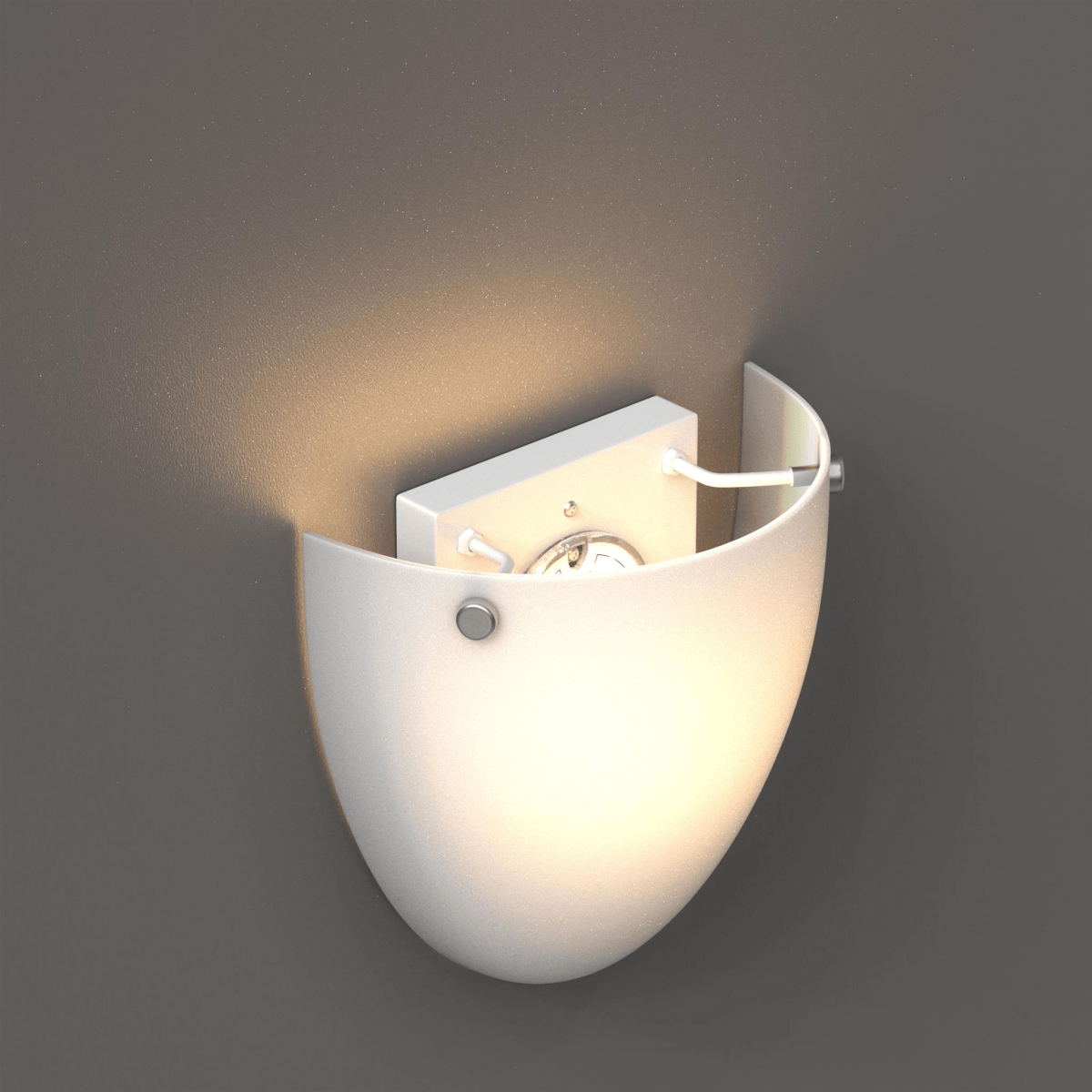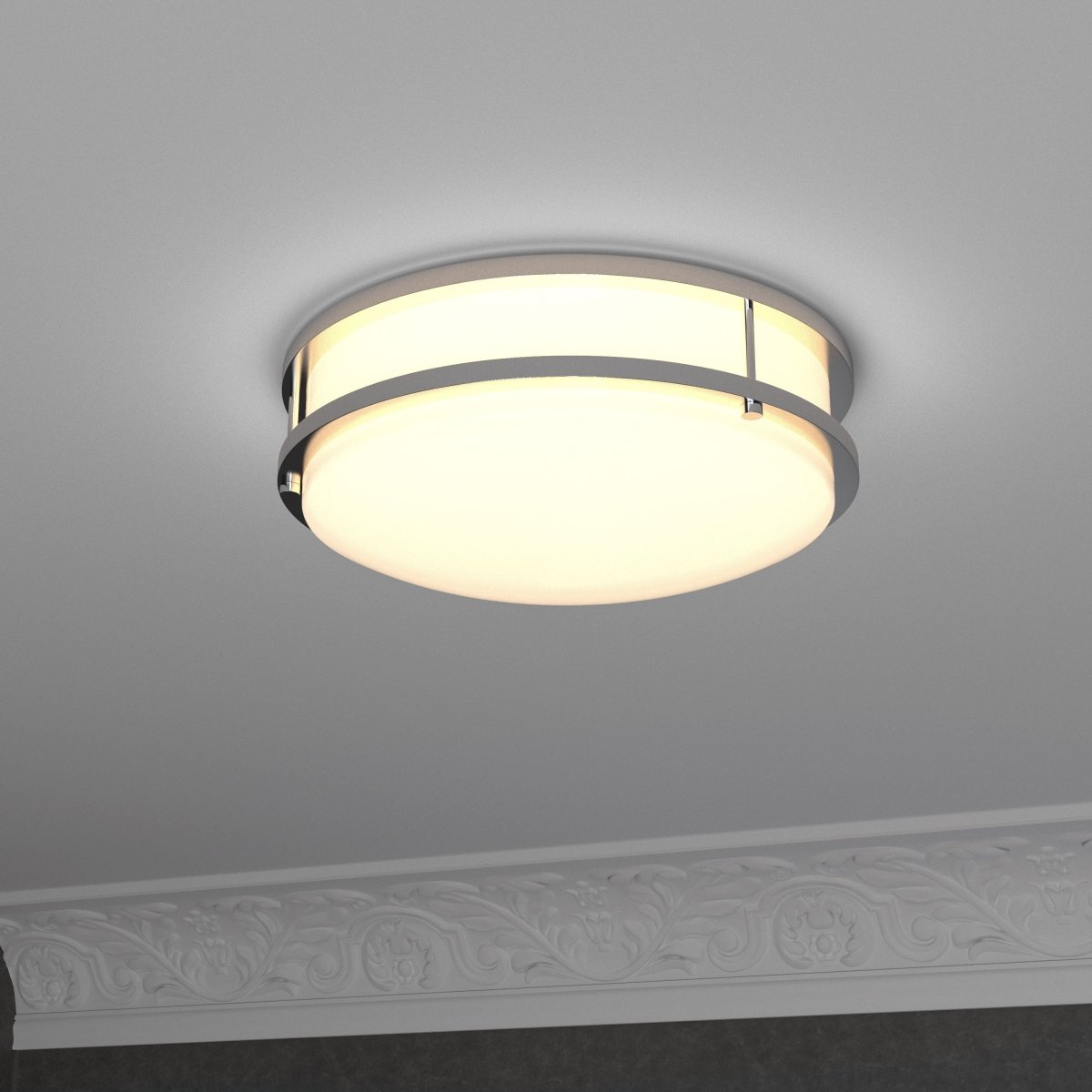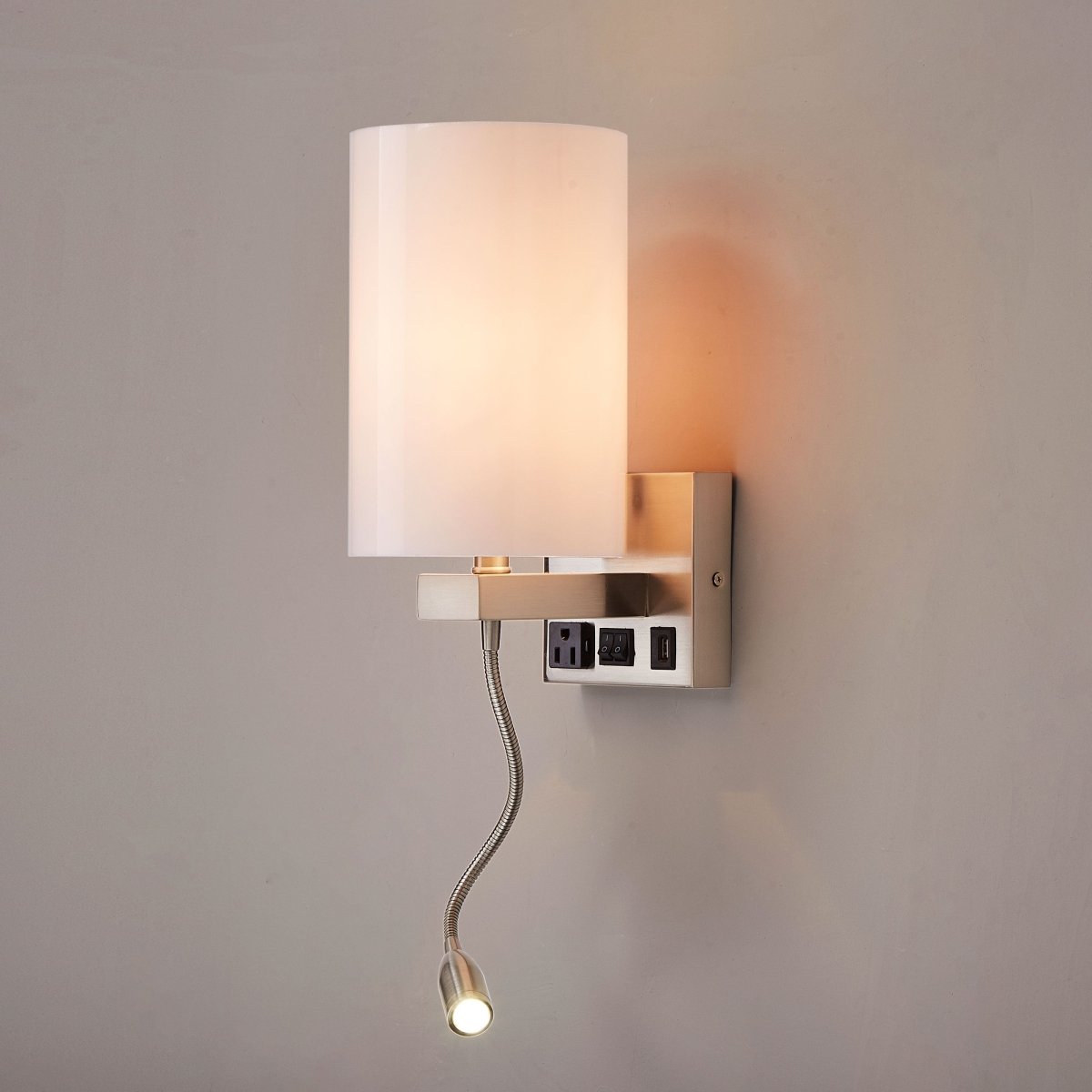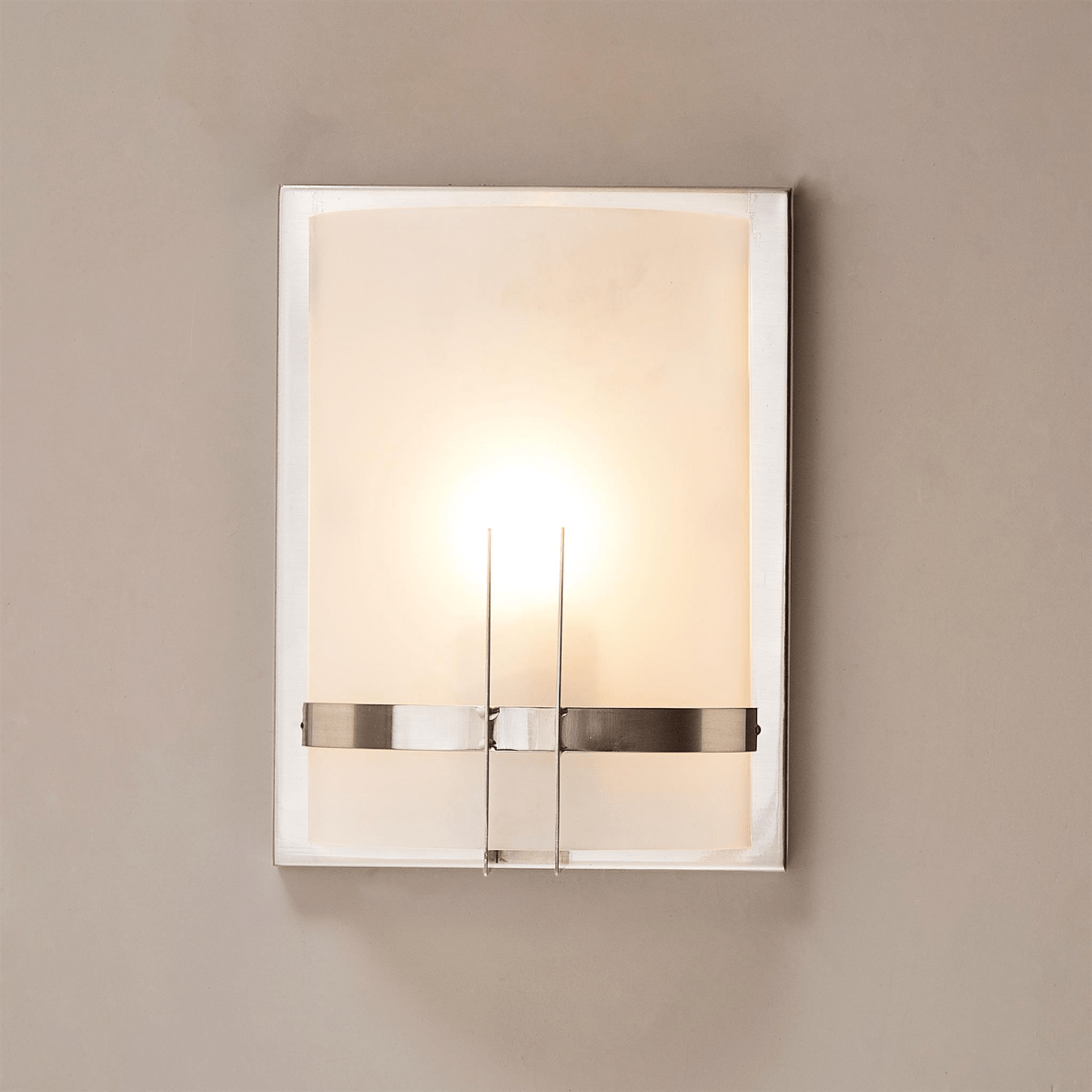Introduction
In the world of hospitality, every detail matters. From the décor to the ambiance, every aspect plays a vital role in shaping the guest experience. One often overlooked yet crucial element is lighting. Hospitality Lighting is not just about illuminating a space; it's about creating an atmosphere that enhances the overall guest experience. In this article, we'll delve into what hospitality lighting entails, its types, importance, design factors, current trends, challenges, and future outlook.
Defining Hospitality Lighting
Hospitality lighting refers to the strategic use of light to enhance the aesthetics, functionality, and mood of a hospitality space, including hotels, restaurants, bars, resorts, spas, and event venues.
The Role of Lighting in Hospitality
Lighting sets the tone and mood of a space, influencing how guests perceive and interact with their surroundings. It can evoke emotions, create ambiance, highlight key features, and even influence guest behavior.
Types of Hospitality Lighting
General Lighting
General or ambient lighting provides overall illumination to a space, ensuring it's adequately lit for basic tasks and navigation.
Task Lighting
Task lighting is focused, providing illumination for specific tasks such as reading, working, or food preparation.
Accent Lighting
Accent lighting is used to highlight specific features or architectural elements, adding visual interest and depth to the space.
Decorative Lighting
Decorative lighting serves both aesthetic and functional purposes, acting as focal points and enhancing the overall design scheme.

Importance of Hospitality Lighting
Creating Ambiance
The right lighting can transform a space, creating the desired ambiance that aligns with the brand and enhances the guest experience.
Enhancing Customer Experience
Well-designed lighting can evoke positive emotions, making guests feel comfortable, relaxed, and welcomed.
Improving Safety and Security
Proper lighting is essential for ensuring the safety and security of guests and staff, reducing the risk of accidents and deterring potential threats.
Reflecting Brand Identity
Lighting design should reflect the brand identity and values, reinforcing the overall theme and atmosphere of the establishment.
Factors to Consider in Hospitality Lighting Design
Space Utilization
Understanding the function and flow of the space is crucial in determining the type and placement of lighting fixtures.
Color Temperature
The color temperature of light can greatly impact the mood and atmosphere, with warm tones creating a cozy ambiance and cool tones promoting a more vibrant feel.
Energy Efficiency
With sustainability becoming increasingly important, choosing energy-efficient lighting solutions not only reduces environmental impact but also lowers operational costs.
Maintenance and Durability
Selecting durable fixtures that require minimal maintenance is essential in ensuring the longevity and efficiency of the lighting system.
Trends in Hospitality Lighting
LED Lighting Technology
LED lighting has revolutionized the hospitality industry, offering energy-efficient, long-lasting, and customizable solutions.
Customization and Personalization
Hotels and restaurants are increasingly incorporating lighting control systems that allow for customization based on guest preferences and events.
Integration of Smart Lighting Systems
Smart lighting systems enable remote control, automation, and energy management, enhancing efficiency and guest comfort.
Sustainability and Eco-Friendly Practices
There's a growing emphasis on sustainable lighting solutions, including solar-powered fixtures, recycled materials, and daylight harvesting techniques.
Case Studies: Successful Implementation of Hospitality Lighting
Luxury Hotels
Luxury hotels often invest in bespoke lighting designs that reflect their brand image and cater to the needs and preferences of discerning guests.
Restaurants and Bars
Restaurants and bars leverage lighting to create inviting atmospheres that encourage dining, socializing, and entertainment.
Resorts and Spas
Resorts and spas utilize lighting to enhance relaxation, rejuvenation, and wellness experiences, creating tranquil environments that promote guest satisfaction.
Event Venues
Event venues require flexible lighting solutions that can adapt to various occasions, from weddings and conferences to concerts and exhibitions.
Challenges in Hospitality Lighting
Budget Constraints
Balancing design aspirations with budget limitations can be challenging, requiring careful planning and prioritization.
Regulatory Compliance
Meeting building codes and safety standards while maintaining design integrity can pose regulatory challenges in lighting design.
Maintenance Issues
Regular maintenance and upkeep of lighting fixtures are essential to ensure optimal performance and longevity, requiring time and resources.
Adapting to Changing Trends
Staying abreast of evolving trends and technologies in lighting design requires continuous education and innovation.
Future Outlook of Hospitality Lighting
Advancements in Technology
Technological innovations such as OLEDs, Li-Fi, and LiDAR are poised to revolutionize the hospitality lighting landscape.
Integration with IoT and Automation
The integration of lighting systems with IoT platforms will enable seamless connectivity and automation, enhancing efficiency and guest experience.
Focus on Sustainable Solutions
The shift towards sustainable lighting solutions will continue to gain momentum, driven by environmental concerns and cost savings.
Personalization and Customization
Advancements in lighting control systems will enable greater personalization and customization, allowing establishments to tailor lighting experiences to individual preferences.
Conclusion
Hospitality lighting plays a vital role in shaping the guest experience, from creating ambiance to enhancing safety and sustainability. By understanding the importance of lighting design, considering key factors, and embracing emerging trends, hospitality establishments can elevate their offerings and stay ahead in a competitive market.





